|
|
|
Editor's note
|
|
As Fabiano Caruana continues his battle in London this month to become the first American world chess champion in over 40 years, some observers wonder if a Caruana victory will create a resurgent interest in chess the way Bobby Fischer did when he became the first American-born player to win the title in 1972. The first round of the 12-round match ended in a draw Friday after the reigning champion, Magnus Carlsen of Norway, missed a chance
for a win in a game that lasted seven hours. Round 2 is slated for Saturday.
What’s the most developed country in the world? There are plenty of factors to consider, from economics to education to the environment. A new measure, the Human Life Indicator, focuses on life expectancy and inequality – and it puts Hong Kong at the top.
And Elizabeth Hineman tells the story of Magnus Hirschfeld, a gay German physician, who was the first doctor to conduct research on and advocate for trans people. In the late-19th and early-20th centuries, he published medical journals like the “Yearbook on Sexual Intermediaries” and convinced German police to accept a “transvestite certificate” for people whose government-issued ID said they were male, but wanted to dress in women’s
clothing.
“Love,” Hirschfeld once said, “is as varied as people are.”
|
Jamaal Abdul-Alim
Education Editor
|

|
|
Top stories
|
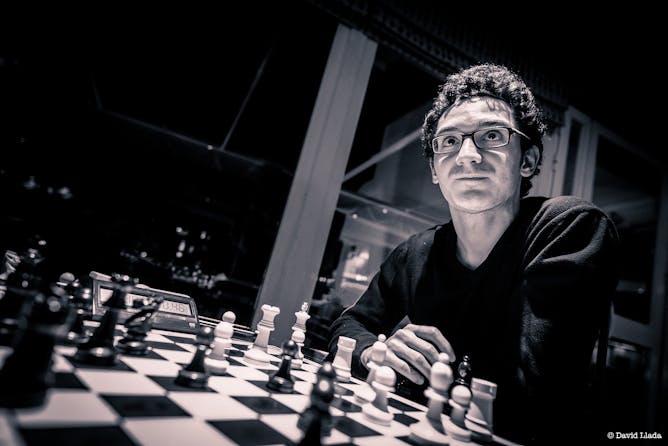
American grandmaster Fabiano Caruana, shown here at the 2017 Tradewise Gibraltar Masters tournament, could become the first American-born world chess champion since Bobby Fischer.
David Llada/American Chess Magazine
Daaim Shabazz, Florida Agricultural and Mechanical University
Daaim Shabazz, an international business professor and chess journalist, explains what's at stake as American grandmaster Fabiano Caruana fights for the World Chess Championship in London this month.
|
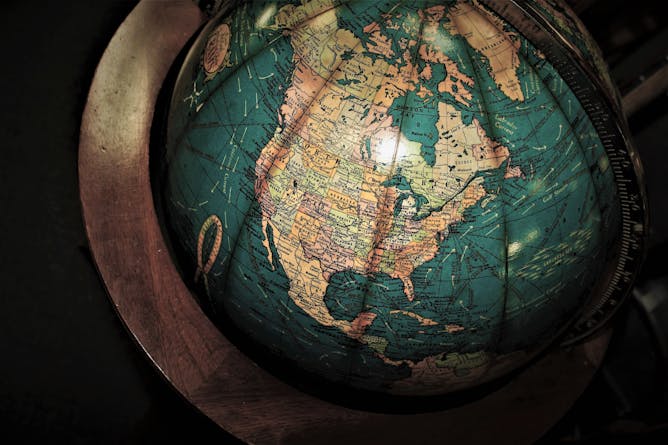
It’s not the U.S., either.
Pixabay
Warren Sanderson, Stony Brook University (The State University of New York); Sergei Scherbov, International Institute for Applied Systems Analysis (IIASA); Simone Ghislandi, Bocconi University
Most researchers use the UN's Human Development Index to measure each country's progress, but that system has flaws. A new, simplified index aims to do it better.
|
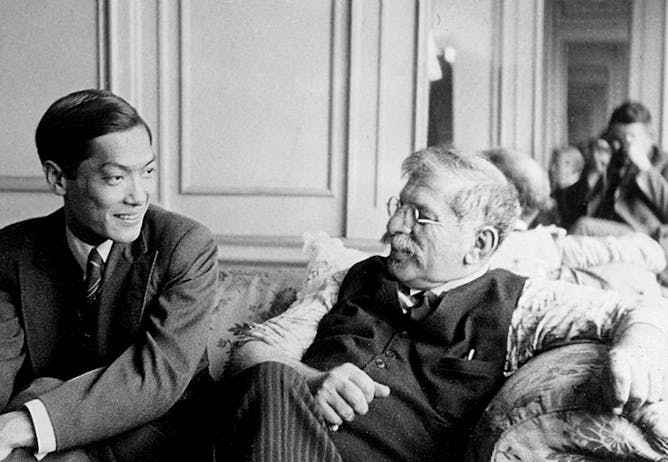
Magnus Hirschfeld, on the right, sits with his partner, Tao Li, at the fourth conference of the World League for Sexual Reform in 1932.
Wellcome Images
Elizabeth Heineman, University of Iowa
Physician Magnus Hirschfeld advocated for those he called 'sexual intermediaries.' His activism began before World War I - and ended only when the Nazis came to power.
|
Politics + Society
|
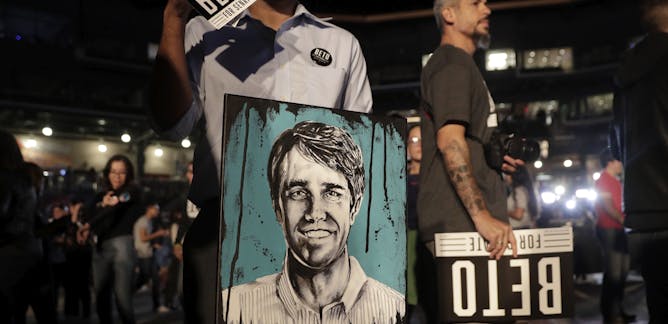
Lisa Garcia Bedolla, University of California, Berkeley
Record high Latino participation shows this growing voter segment will turn out for parties and politicians who tackle issues they care about. That's a big lesson for 2020 – and not just for Dems.
| |

Paul Lasley, Iowa State University
In Iowa, almost 40 percent of residents can't afford the basic cost of living. That was the setting for the 2018 midterm elections, where rural voters are suffering along with their communities.
|
|
|
Economy + Business
|
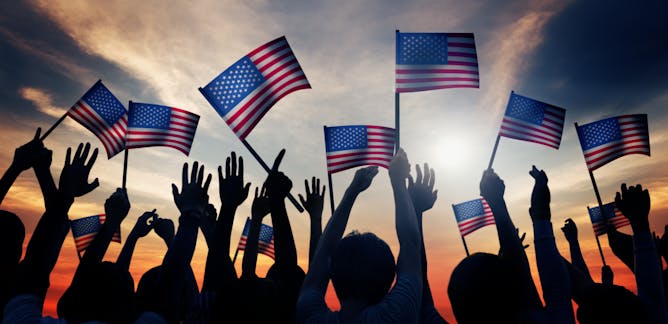
Jay L. Zagorsky, Boston University
Millions of American flags come from China. Yet despite being symbols of patriotism, they're not among the products subject to new tariffs imposed by the Trump administration.
| |
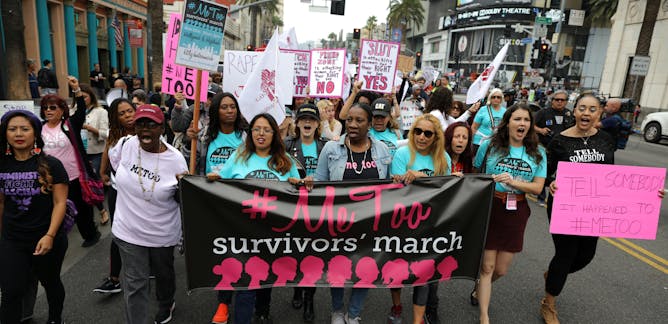
Elizabeth C. Tippett, University of Oregon
After a year of headlines and ousted CEOs, Congress has yet to pass a single piece of legislation on sexual harassment – let alone hold a hearing. That will change come January.
|
|
|
Environment + Energy
|
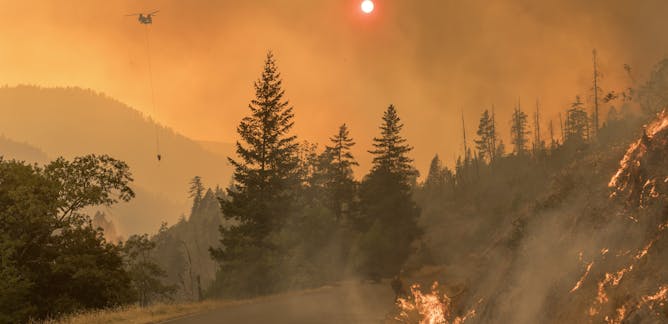
Phil Levin, University of Washington; Ian P. Davies, University of Washington
Communities that are majority black, Hispanic or Native American are over 50 percent more vulnerable to wildfire compared to other communities.
| |
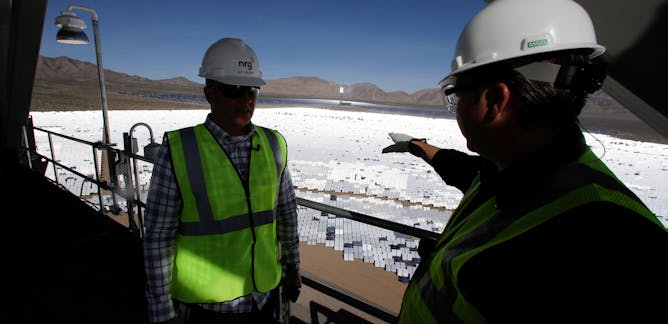
Garth Heutel, Georgia State University
But many new governors and members of Congress intend to take action on climate change.
|
|
|
Health + Medicine
|
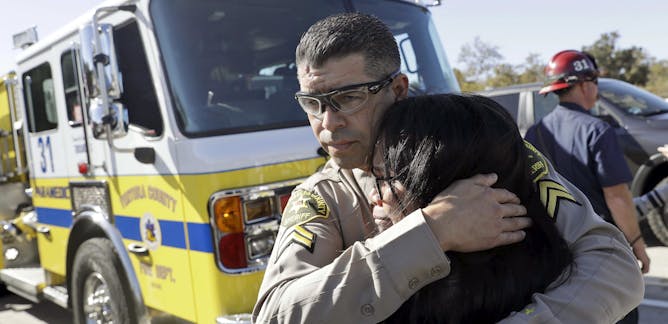
Arash Javanbakht, Wayne State University
Mass shootings bring terror in ways that people watching from afar can only imagine. And yet, society at large is affected, a trauma psychiatrist writes.
| |
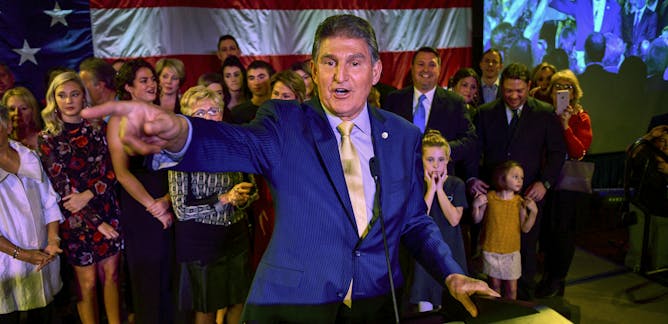
Simon F. Haeder, West Virginia University
Voters listed health care as one of their biggest concerns in the midterm elections. Were their concerns addressed? The results are mixed.
|
|
|
Arts + Culture
|
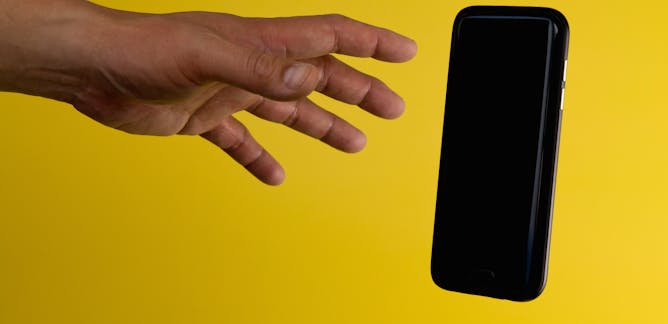
Jean Twenge, San Diego State University
As their kids get older, should parents should be more – not less – vigilant?
| |
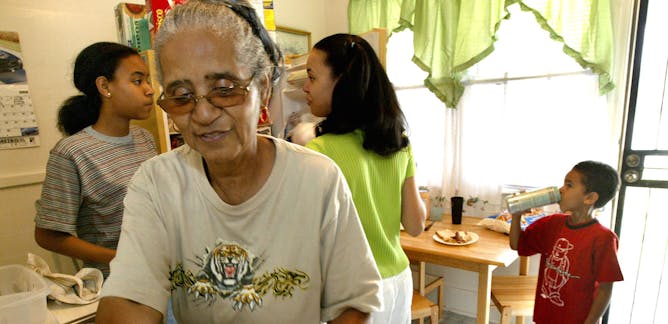
Natasha Pilkauskas, University of Michigan
Over the past 20 years, the number of American households that have grandparents, their kids and their grandkids living under the same roof has nearly doubled.
|
|
|
Science + Technology
|

Mishkat Bhattacharya, Rochester Institute of Technology; Nick Vamivakas, University of Rochester
The discovery and development of optical tweezers won the 2018 Nobel Prize in physics. Now physicists are using this tool to crack some of the fundamental questions behind how the universe works.
| |
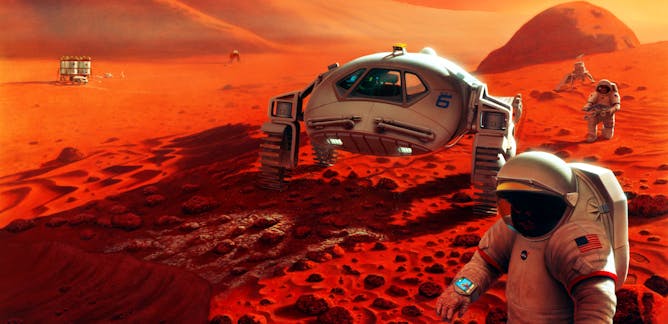
David Weintraub, Vanderbilt University
Space researchers have had a careful approach to robotic exploration of Mars and been hands-off toward Europa and Enceladus. Why is human exploration – and inevitable contamination – of Mars different?
|
|
|
Ethics + Religion
|
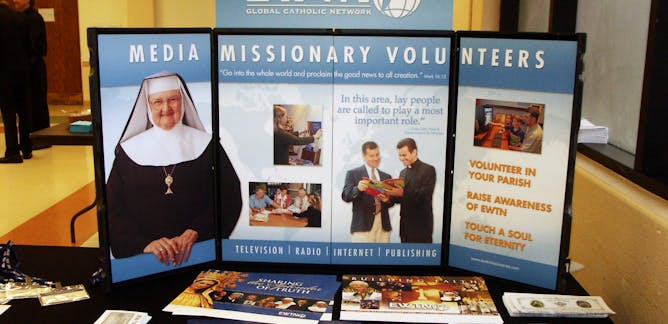
Jason Bruner, Arizona State University
Evangelist Pat Robertson's Christian Broadcasting Network has launched the first Christian 24-hour TV channel. History shows that missionary media has played a key role in providing information from around the world.
| |
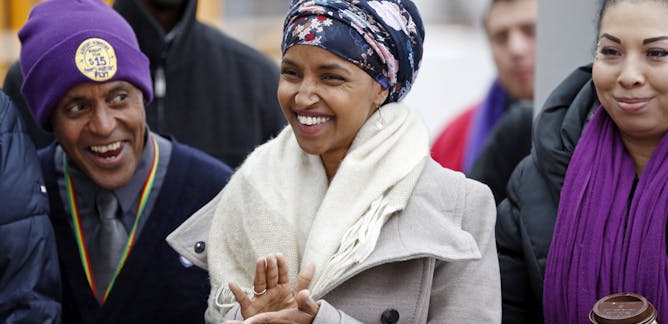
Liz Bucar, Northeastern University
The de Young Museum of San Francisco recently opened an exhibit devoted to the Islamic fashion scene. Here's how Muslim women's fashions challenge popular stereotypes.
|
|
|
Education
|
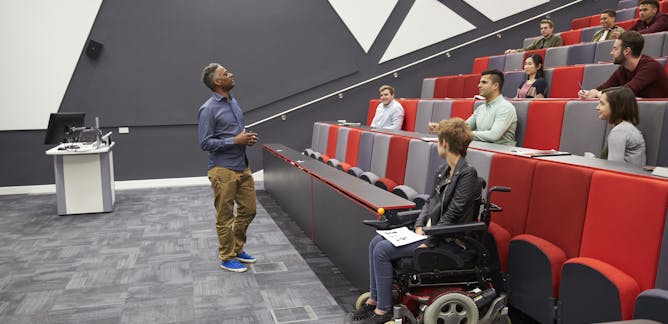
Christa Bialka, Villanova University
The case of a student with Down Syndrome who was denied entry into all eight of the sororities at her school illustrates a broader problem of exclusion for college students with disabilities.
| |

Robert Kelchen, Seton Hall University
A higher education professor explains the complex rules behind Public Service Loan Forgiveness, a program meant to provide debt relief to student loan borrowers who went into public service jobs.
|
|
|
| |
| |
| |
| |
| |
| |
|
|
|
|
|
|
|